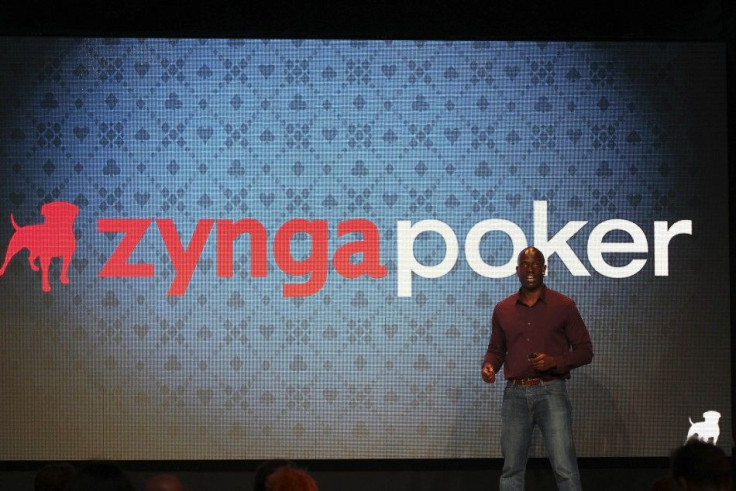Technology Focus: Does Zynga’s IPO Set a New Trend For Facebook?
Analysis

Last week, investors could finally buy a share of Internet gaming site Zynga, which was priced Thursday at $10 a share in the company's $1 billion initial public offering.
The first outsiders to buy shares of San Francisco-based Zynga bid $11 but before long, the price fell to $9.09 in Friday's mixed market. They closed at $9.50 giving Zynga a market capitalization of $7 billion or maybe $8.9 billion after unexercised options and warrants.
That values the company far ahead of long-established gamers Electronic Arts and slightly below Activision Blizzard.
Likely the final technology related IPO of 2011, Zynga's performance clearly raises the ante for its ally, Facebook, the 800-million-member San Francisco social networking behemoth, where as much as 80 percent of Zynga's games originate.
Under U.S. securities law, Facebook, now that it has more than 500 shareholders, will be required to file financial data with the Securities and Exchange Commission for the first quarter of 2012 or conduct its own IPO. The sky's the limit on a Facebook valuation, which could be multiples of Zynga's.
Indeed, Peter Adriaens, a professor at the University of Michigan specializing in entrepreneurship, suggested its valuation may be hard to quantify given that social media is a new phenomenon and because so much of its advertising is internally generated.
It [Facebook] should be valued more highly than Google and Yahoo, Adriaens told IBTimes. Last week, Google was valued at $202.7 billion while Yahoo was at $18.6 billion.
Last week, enterprise social media developer Jive Software raised $160 million in its IPO, pricing its shares at $12 and closing Friday at $15.10. Its customers are already within clients like Yum Brands and Avon Products. Jive may have been among the first of the social media beneficiaries of Adriaens' thinking.
For the year, technology group reported 42 IPOs valued at $8.5 billion through Friday, reports Renaissance Capital, a specialist firm. The group - which includes Pandora Media, Groupon and LinkedIn - saw an average 20.4 percent gain on the first day of trading with mixed activity later.
Groupon shares quickly fell below their IPO price before regaining ground. On Friday, they closed $3.04 above their IPO price of $20.
Compared with Google, whose 2004 IPO brought in $1.9 billion through the largest IPO ever, Zynga, while slightly profitable, is paltry. In July, when it filed for the IPO, it valued itself around $14 billion. Then after questions, its underwriters, Goldman Sachs and Morgan Stanley, trimmed it. The company said there was a nine-month profit of $30.2 million on revenue of $828 million from 6.7 million paying customers.
Provided they keep coming back, those game players may not be enough to ensure Zynga against a setback if the games lose favor.
So Facebook, which last week revealed how its Timelines feature just about everything a member has ever published, will surely illustrate its stickiness. But how to assess its value?
How many Internet media companies have had movies made about them that have been nominated for Oscars, along with the actor who played the founder?
As well, how many other Internet companies have a blue-ribbon list of investors that includes Goldman Sachs, Microsoft, Hong Kong tycoon Li Ka-Shing, Zynga's Pincus, and top venture capital firms like Accel Partners, Greylock and Kleiner Perkins Caufield & Byers?
Michigan's Adriaens suggested Facebook might be valued as high as $55 billion if its new paradigm is accepted in the market of 2012.
Some Wall Street bankers suggested Facebook CEO Mark Zuckerberg might take another path by acquiring a public company like Yahoo, then changing its name. But why squander the brand equity?
Meanwhile, Zuckerberg himself apparently sold shares valued around $100 million to spring for his $100 million gift to the Newark, N.J. schools. Other Facebook insiders have used private exchanges to do that.
The big question remains: how will Facebook fare in a 2012 IPO? Stay tuned.
© Copyright IBTimes 2024. All rights reserved.






















